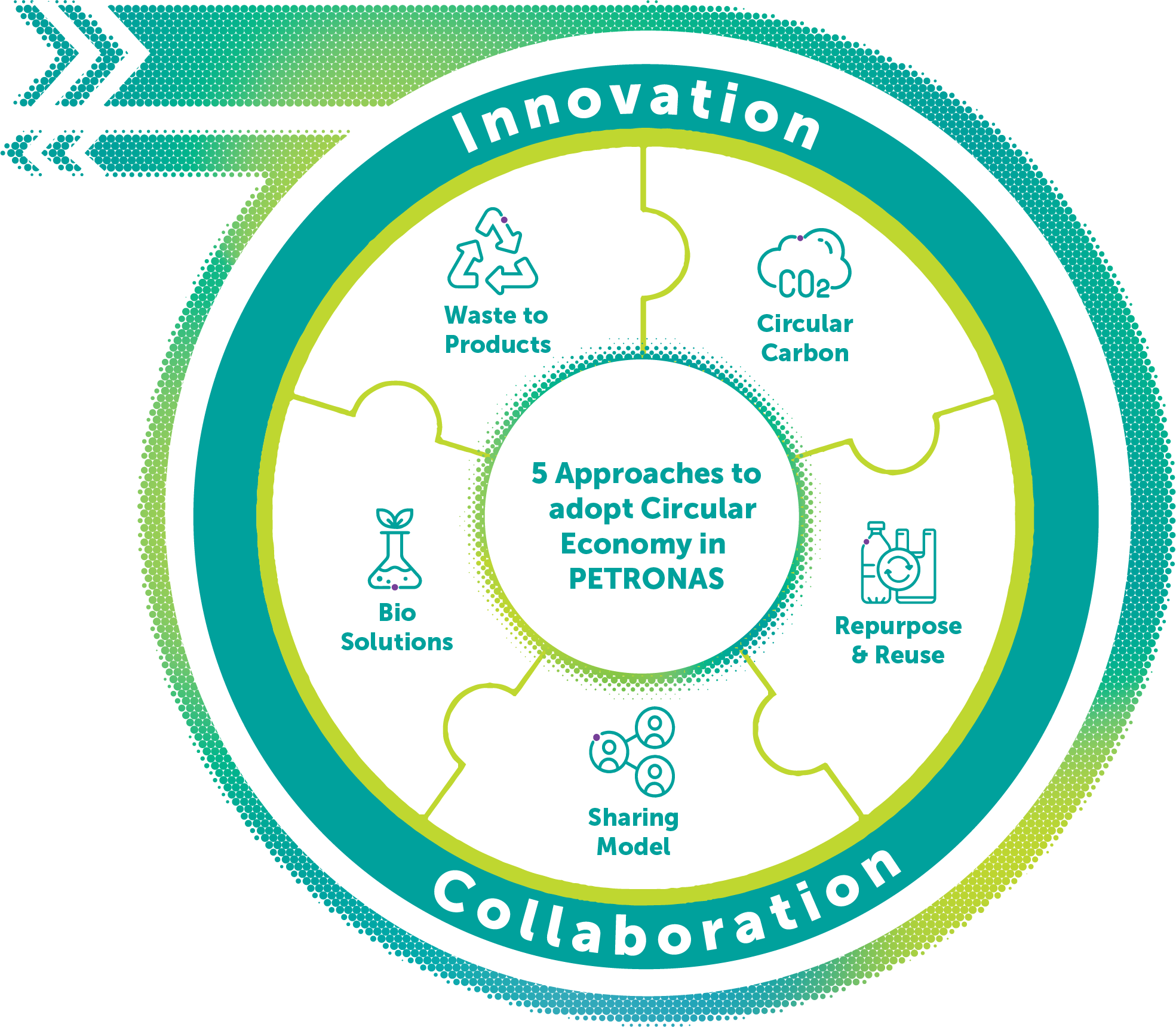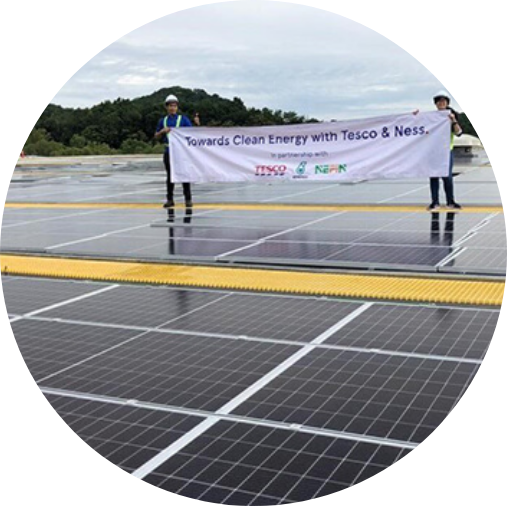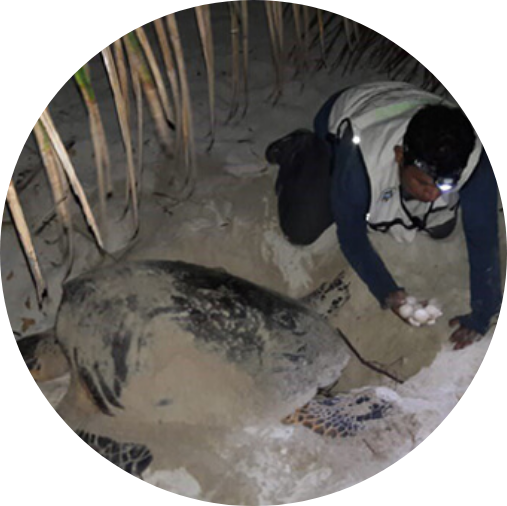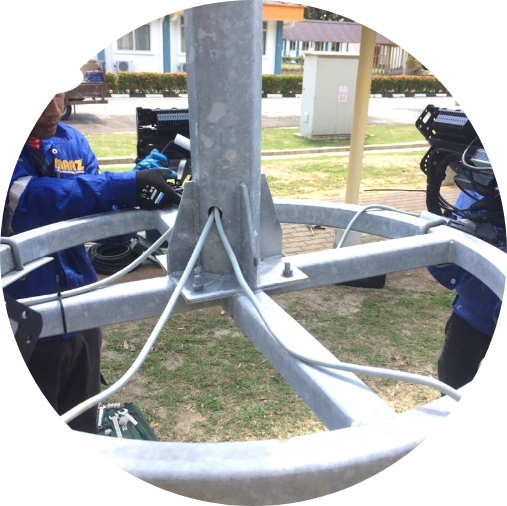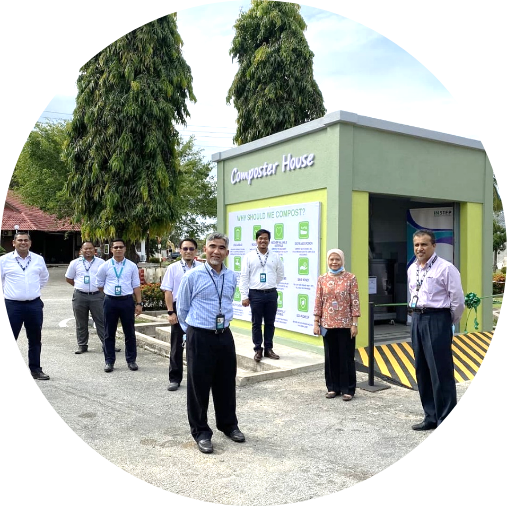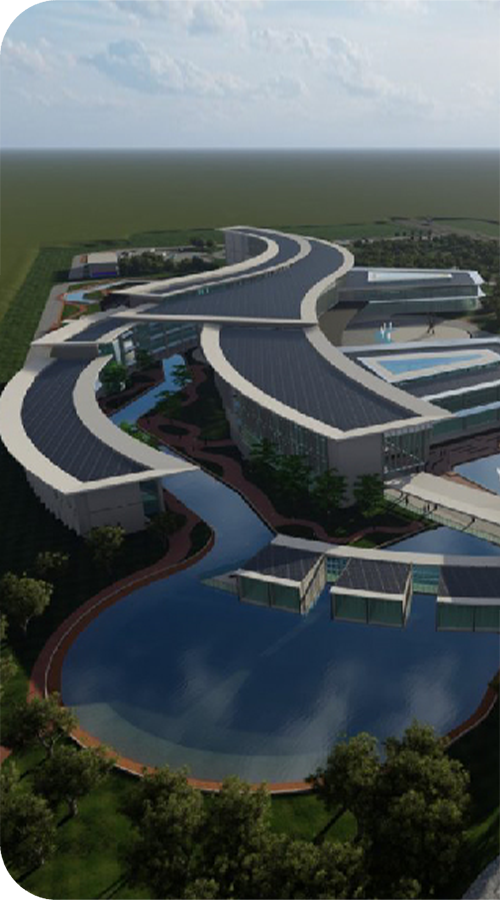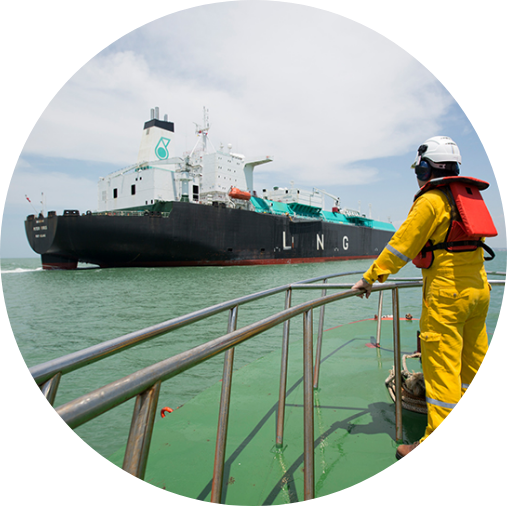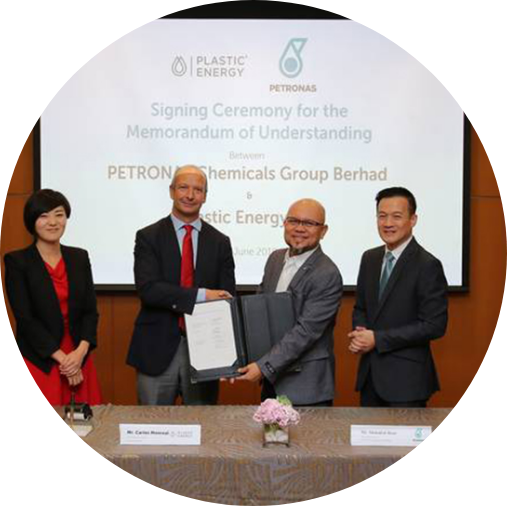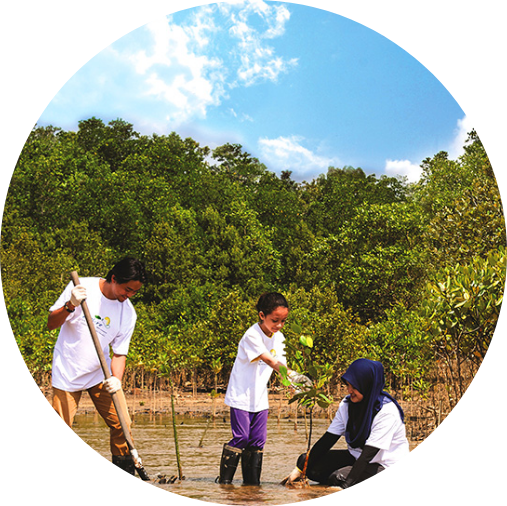Why It Is Important
Biodiversity is the total sum of life on Earth comprising flora, fauna, microorganisms, ecosystems and habitats as well as the interdependent relationships between all of them. We depend on this web of life, both terrestrial and marine, to gain access to fresh water, food, medicine and a stable climate – all of which help sustain livelihoods, human health and economies.
An inability to conserve and protect biodiversity will adversely affect the benefits it provides. For example, forests and wetlands are essential in efforts to combat climate change by sequestering carbon while providing a habitat for various species, protecting coastlines and supporting surrounding communities as sources of livelihood.
PETRONAS also depends on biodiversity and ecosystem services such as water, land and marine.
As such, we are proactively working to protect and, where necessary, reversing biodiversity loss to avoid irreversible damage, which may impact our ability to deliver on our business goals and Net Zero Carbon Emissions by 2050 Pathway.
Our Approach
In 2022, we established PETRONAS Position on Nature and Biodiversity (the Position) to improve oversight on our nature and biodiversity footprint at enterprise level and strengthen our ability to deliver our Net Zero Carbon Emissions by 2050. In establishing the Position, PETRONAS was guided by various international agreements and national policies such as the Convention on Biological Diversity (CBD) and Malaysia’s National Policy on Biological Diversity 2022-2030, as well as industry best practices from organisations such as Ipieca (the global oil and gas association for advancing environmental and social performance across the energy transition), and the World Business Council for Sustainable Development (WBCSD).
The Position consists of five areas of action that demonstrate visible leadership in nature and biodiversity conservation, harnessing the right expertise and resources to positively impact the nation, the ASEAN region, and other countries where we operate.




